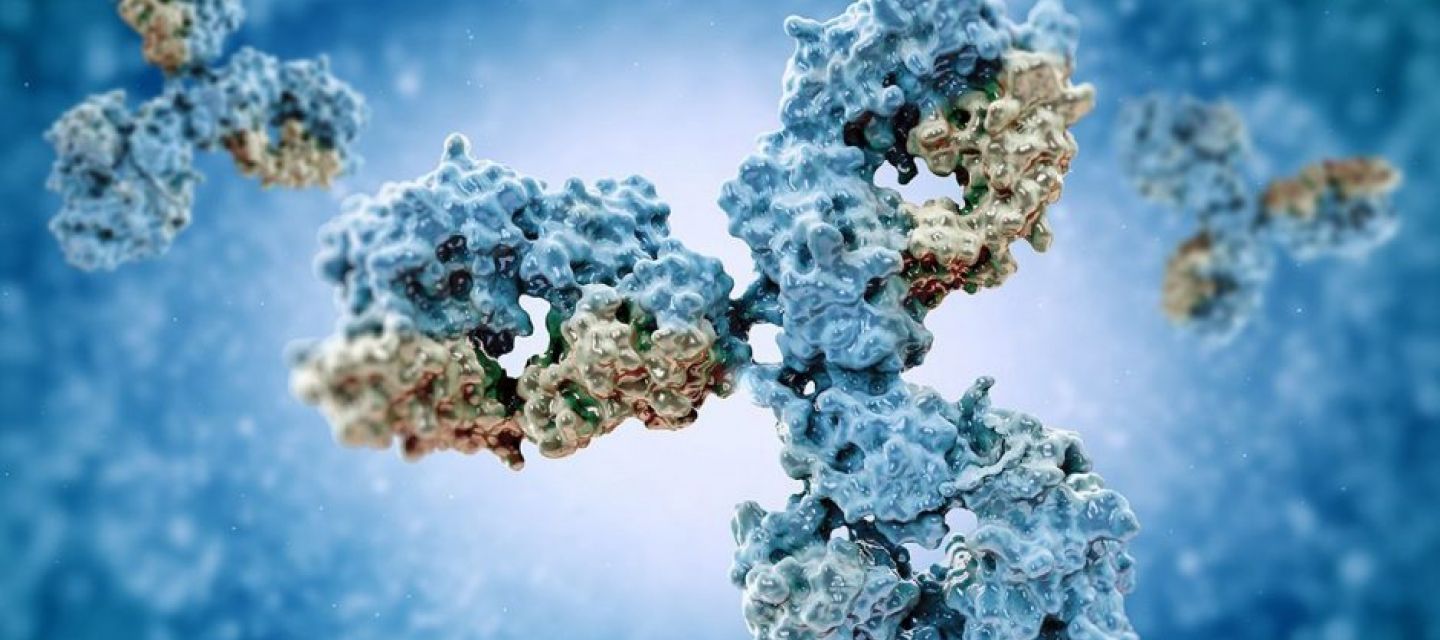A UBC Innovation Snapshot: Be inspired by and connect with innovators at UBC
Who are you?
AbCellera: Microfluidic technology for the discovery of next-generation antibody therapies
Carl Hansen: I am an Associate Professor in the Department of Physics & Astronomy where my lab conducts cross-disciplinary research aimed at the development and application of microfluidic technology for high-throughput biology. In particular we are combining state-of-the-art methods from genomics, microfluidics, cell biology and immunology to address key bottlenecks in biomedical research. The over-arching theme of our research is the development and application of new technologies to perform sensitive and high-throughput measurements on single cells. Through collaborations with leading UBC researchers these tools are being applied across multiple fields including cancer biology, stem cell science, and applied immunology.
What problem are you solving?
AbCellera was founded from research from my lab, focused on creating and perfecting a platform to enable the rapid analysis and profiling of natural immune responses in order to isolate antibodies with desired properties. Our approach uses miniaturization to improve the speed and sensitivity of antibody discovery. Single antibody-secreting cells are confined in nanoliter-volume chambers, approximately 100,000 times smaller than a conventional reaction volume, thereby allowing antibodies secreted by single cells to be concentrated and measured in only hours. Once antibodies with the desired properties are detected, we use single cell genomics methods to obtain the DNA sequence that encodes these antibodies, thereby allowing for production of unlimited quantities using standard protein expression methods. Using this approach we are able to screen immune responses from any animal at a throughput of millions of cells in a single day, with antibody sequences obtained a week later.
How does your idea contribute to society?
Antibodies are the fastest growing class of therapeutics over the past decade, with a compound annual growth rate of over 10% over the past decade. As of December 2016, there were approximately 60 approved antibody-based therapies on the market and more than 300 in various stages of clinical trials. These therapies address a broad range of indications including cancer, autoimmune disorders, inflammation, neurodegenerative disease, and infectious disease. The market for therapeutic antibodies in 2013 was approximately $75 billion and is predicted to reach over $125 billion by 2020. As the “low-hanging fruit” of targets has been picked, there is an increasing need for improved discovery technologies that enable the generation of antibody therapeutic targets against difficult target classes. Our innovation meets this need by drastically reducing the time and money required to identify new potential therapeutics, translating to significant impact for the development of new therapies.
What do you need now?
We want to create awareness and attract the best and brightest to grow AbCellera.
